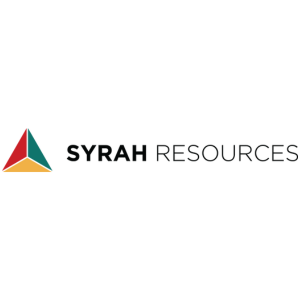The digital age is set to disrupt the lives of individuals, communities, but particularly organisations
(3 May 2022, Cape Town) The digital age is set to disrupt the lives of individuals, communities, but particularly organisations. Mines are no exception to this rule, with far reaching implications and important opportunities. Mines on the African continent need to be aware of both the impending changes to their business, and of the impact of those changes to the societies in which they operate. The African Mining Indaba 2022 programme will cover these issues in Cape Town from 9 - 12 May 2022.
According to Deloitte, over the past five years African mines have navigated a commodity price downturn, challenging labour conditions, regulatory changes, upward cost pressures and unpredictable international politics. The fourth industrial revolution (4IR) has emerged during this, presenting new opportunities and challenges for mining companies. Furthermore, regulatory changes and societal impacts require mines to become not merely compliant, but to adopt smarter ways of deriving value from regulation, while ensuring mutual benefit to the surrounding communities and environments in which they operate. New skills, a changing workforce, organisational restructuring, and adoption of new technologies are all important to navigate in this era.
Emergent opportunities from 4IR for mining companies, including what a digital mine will look like and the future of working at a digitally enabled mine. Covering incremental improvements to existing challenges through digital infrastructure and improved planning and decision making, these changes will drive competitive innovation and sustainable mining practices.
Insights into the benefits of 4IR
Last year PwC and The Minerals Council of South Africa launched its report ‘10 Insights into 4IR’. The report highlighted that the South African mining industry was increasingly making use of innovative technologies to run more efficient operations, to manage risk, to improve health and safety and reduce the cost of maintenance and extraction, as well as pursuing a skills uplift.
The COVID-19 pandemic has further accelerated the digitisation of the work process, as well as the adoption of automation and other innovative tools in the mining industry. These are some of the key findings from a report issued jointly by PwC and the Minerals Council South Africa. The report - ‘The state of digital transformation in the South African mining industry’ - was compiled with the aim of gaining an understanding of how the mining industry visualises the impact of the 4IR on its people, processes and technologies; how they perceive the evolution of 4IR on their businesses in the years to come; and what steps they are taking to transform their businesses in anticipation of these changes.
“Adoption of innovations emerging out of the 4IR did not go into lockdown during the COVID-19 pandemic," Minerals Council CEO Roger Baxter says. "In fact, the COVID-19 pandemic accelerated the application of 4IR technologies, helping Minerals Council members and others to manage the pandemic more effectively. South African mining needs 4IR. We need to be globally competitive on costs and on environmental, social and governance issues. Over the last decade, multi-factor productivity in South Africa has fallen by 7.6 per cent. Mining cost inflation was two to three per cent higher annually than general inflation, leading to two thirds of our output being on the upper half of the global mining cost curve. Mining output declined by ten per cent and minerals sales contracted by 11 per cent.
“The Minerals Council advocates a people-centric, 4IR enabled approach to modernisation of the sector. With the elevated levels of unemployment, poverty and inequality, a pure technologyfocused approach will not be socially acceptable. It is hence encouraging that this report does not only focus on technological issues, but also on issues related to culture and the upskilling and/or reskilling of the workforce.”
Pieter Theron, PwC partner advisory services and head of industry 4.0 South Africa explains that digital is a pivotal game-changer in the mining industry. "It is disrupting mining operations and business models and, in some instances, changing the entire fabric of the mining industry," he explains. "According to our research, some mining companies consider themselves as digital champions and innovators that will pilot innovative technologies without waiting for others to prove it first. New technologies such as artificial intelligence (AI), the Internet of Things (IoT), Robotic Process Automation (RPA), smart sensors, big data analytics, 3D printing, and machine learning will all boost productivity in the mining industry. In the process, mining companies will need to look at ways to upskill their workforces to work in this new world as it will require new skills to unlock the benefits of digital transformation.”
The force of positive disruption
According to Professor Ronny Webber-Youngman, the head of the department of mining engineering at the University of Pretoria and a council member of the International Council of the Society of Mining Professors the term disruptive has a positive slant where it means the use of technology to disrupt the historical or traditional way of doing things and replace it with new technologies and approaches.
"The mine of the near future will include remote control of most activities, autonomous or near autonomous driverless vehicles (improved safety, mine design holography, real-time monitoring and real-time response and interventions in ensuring safe and healthy working environments with automated critical control interventions), 3D printing of designs, and an emphasis on non-technical skills as part of the curriculum," Webber-Youngman explains. “The mine of the near future will make full use of Extended Reality (XR) technology (a coming together of VR (virtual reality), AR (augmented reality), and MR (mixed reality) and 4IR solutions as part of a strategic intervention in dealing with mining-, industry- and educational-related challenges."
With incredible opportunities in the 4IR and the challenges these opportunities bring, the future is now. Those who are prepared will successfully navigate a revolution. The pace of digital change and the advent of the 4IR has come to bear in the mining industry. Innovations will not only improve safety and operational efficiency but become a cornerstone of future competition through automation and disruptive innovation. Regulatory changes further demand that this innovation is balanced within the socio-economic environments that mines operate.
For more information about the Investing in African Mining Indaba programme Click here
According to Deloitte, over the past five years African mines have navigated a commodity price downturn, challenging labour conditions, regulatory changes, upward cost pressures and unpredictable international politics. The fourth industrial revolution (4IR) has emerged during this, presenting new opportunities and challenges for mining companies. Furthermore, regulatory changes and societal impacts require mines to become not merely compliant, but to adopt smarter ways of deriving value from regulation, while ensuring mutual benefit to the surrounding communities and environments in which they operate. New skills, a changing workforce, organisational restructuring, and adoption of new technologies are all important to navigate in this era.
Emergent opportunities from 4IR for mining companies, including what a digital mine will look like and the future of working at a digitally enabled mine. Covering incremental improvements to existing challenges through digital infrastructure and improved planning and decision making, these changes will drive competitive innovation and sustainable mining practices.
Insights into the benefits of 4IR
Last year PwC and The Minerals Council of South Africa launched its report ‘10 Insights into 4IR’. The report highlighted that the South African mining industry was increasingly making use of innovative technologies to run more efficient operations, to manage risk, to improve health and safety and reduce the cost of maintenance and extraction, as well as pursuing a skills uplift.
The COVID-19 pandemic has further accelerated the digitisation of the work process, as well as the adoption of automation and other innovative tools in the mining industry. These are some of the key findings from a report issued jointly by PwC and the Minerals Council South Africa. The report - ‘The state of digital transformation in the South African mining industry’ - was compiled with the aim of gaining an understanding of how the mining industry visualises the impact of the 4IR on its people, processes and technologies; how they perceive the evolution of 4IR on their businesses in the years to come; and what steps they are taking to transform their businesses in anticipation of these changes.
“Adoption of innovations emerging out of the 4IR did not go into lockdown during the COVID-19 pandemic," Minerals Council CEO Roger Baxter says. "In fact, the COVID-19 pandemic accelerated the application of 4IR technologies, helping Minerals Council members and others to manage the pandemic more effectively. South African mining needs 4IR. We need to be globally competitive on costs and on environmental, social and governance issues. Over the last decade, multi-factor productivity in South Africa has fallen by 7.6 per cent. Mining cost inflation was two to three per cent higher annually than general inflation, leading to two thirds of our output being on the upper half of the global mining cost curve. Mining output declined by ten per cent and minerals sales contracted by 11 per cent.
“The Minerals Council advocates a people-centric, 4IR enabled approach to modernisation of the sector. With the elevated levels of unemployment, poverty and inequality, a pure technologyfocused approach will not be socially acceptable. It is hence encouraging that this report does not only focus on technological issues, but also on issues related to culture and the upskilling and/or reskilling of the workforce.”
Pieter Theron, PwC partner advisory services and head of industry 4.0 South Africa explains that digital is a pivotal game-changer in the mining industry. "It is disrupting mining operations and business models and, in some instances, changing the entire fabric of the mining industry," he explains. "According to our research, some mining companies consider themselves as digital champions and innovators that will pilot innovative technologies without waiting for others to prove it first. New technologies such as artificial intelligence (AI), the Internet of Things (IoT), Robotic Process Automation (RPA), smart sensors, big data analytics, 3D printing, and machine learning will all boost productivity in the mining industry. In the process, mining companies will need to look at ways to upskill their workforces to work in this new world as it will require new skills to unlock the benefits of digital transformation.”
The force of positive disruption
According to Professor Ronny Webber-Youngman, the head of the department of mining engineering at the University of Pretoria and a council member of the International Council of the Society of Mining Professors the term disruptive has a positive slant where it means the use of technology to disrupt the historical or traditional way of doing things and replace it with new technologies and approaches.
"The mine of the near future will include remote control of most activities, autonomous or near autonomous driverless vehicles (improved safety, mine design holography, real-time monitoring and real-time response and interventions in ensuring safe and healthy working environments with automated critical control interventions), 3D printing of designs, and an emphasis on non-technical skills as part of the curriculum," Webber-Youngman explains. “The mine of the near future will make full use of Extended Reality (XR) technology (a coming together of VR (virtual reality), AR (augmented reality), and MR (mixed reality) and 4IR solutions as part of a strategic intervention in dealing with mining-, industry- and educational-related challenges."
With incredible opportunities in the 4IR and the challenges these opportunities bring, the future is now. Those who are prepared will successfully navigate a revolution. The pace of digital change and the advent of the 4IR has come to bear in the mining industry. Innovations will not only improve safety and operational efficiency but become a cornerstone of future competition through automation and disruptive innovation. Regulatory changes further demand that this innovation is balanced within the socio-economic environments that mines operate.
For more information about the Investing in African Mining Indaba programme Click here
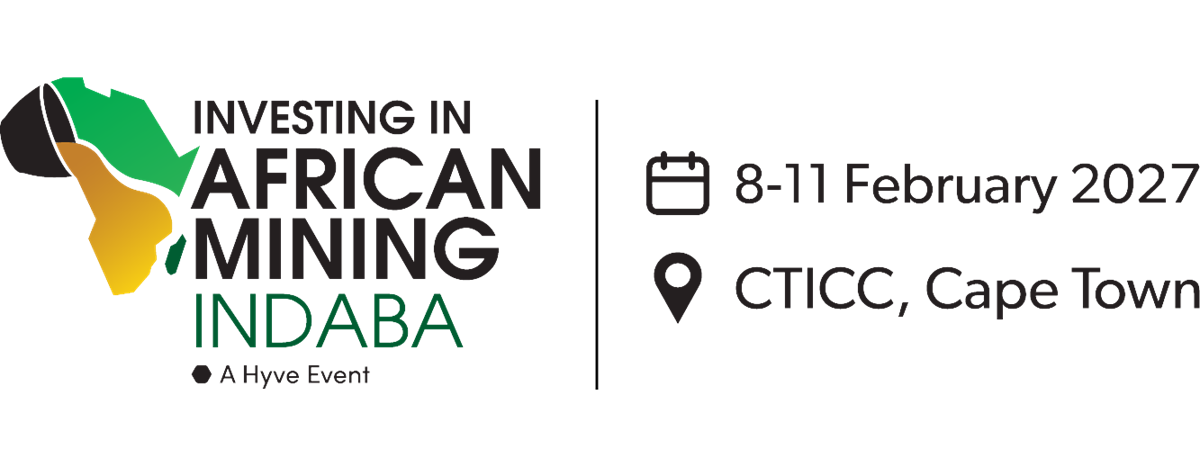



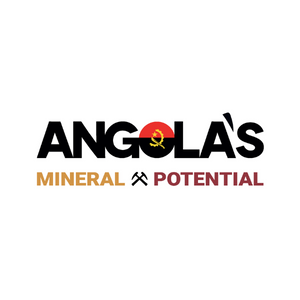
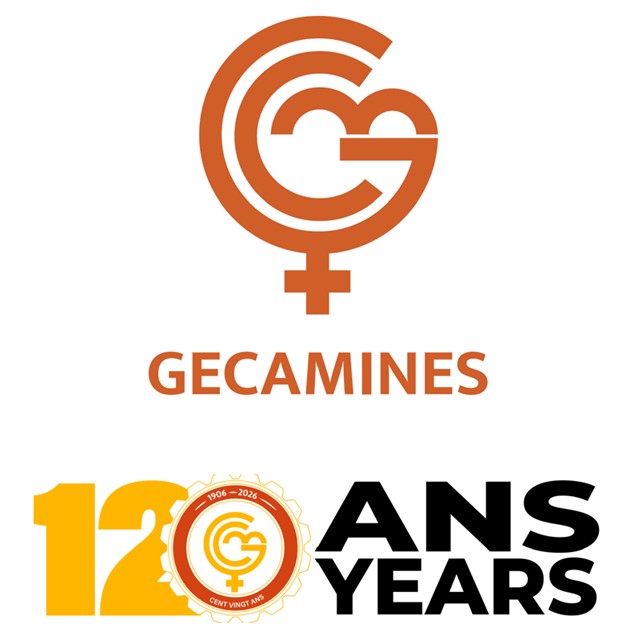
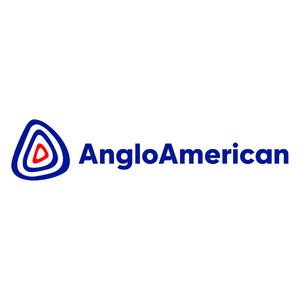
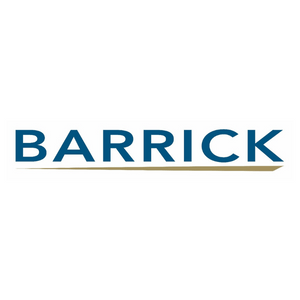
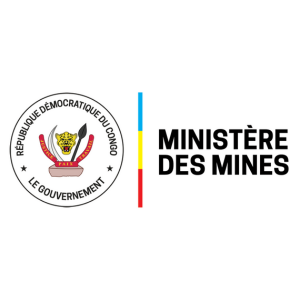
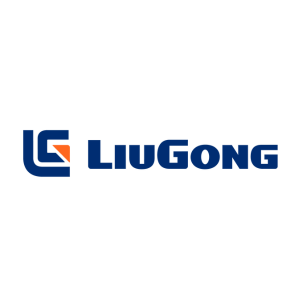
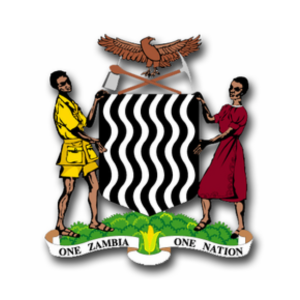

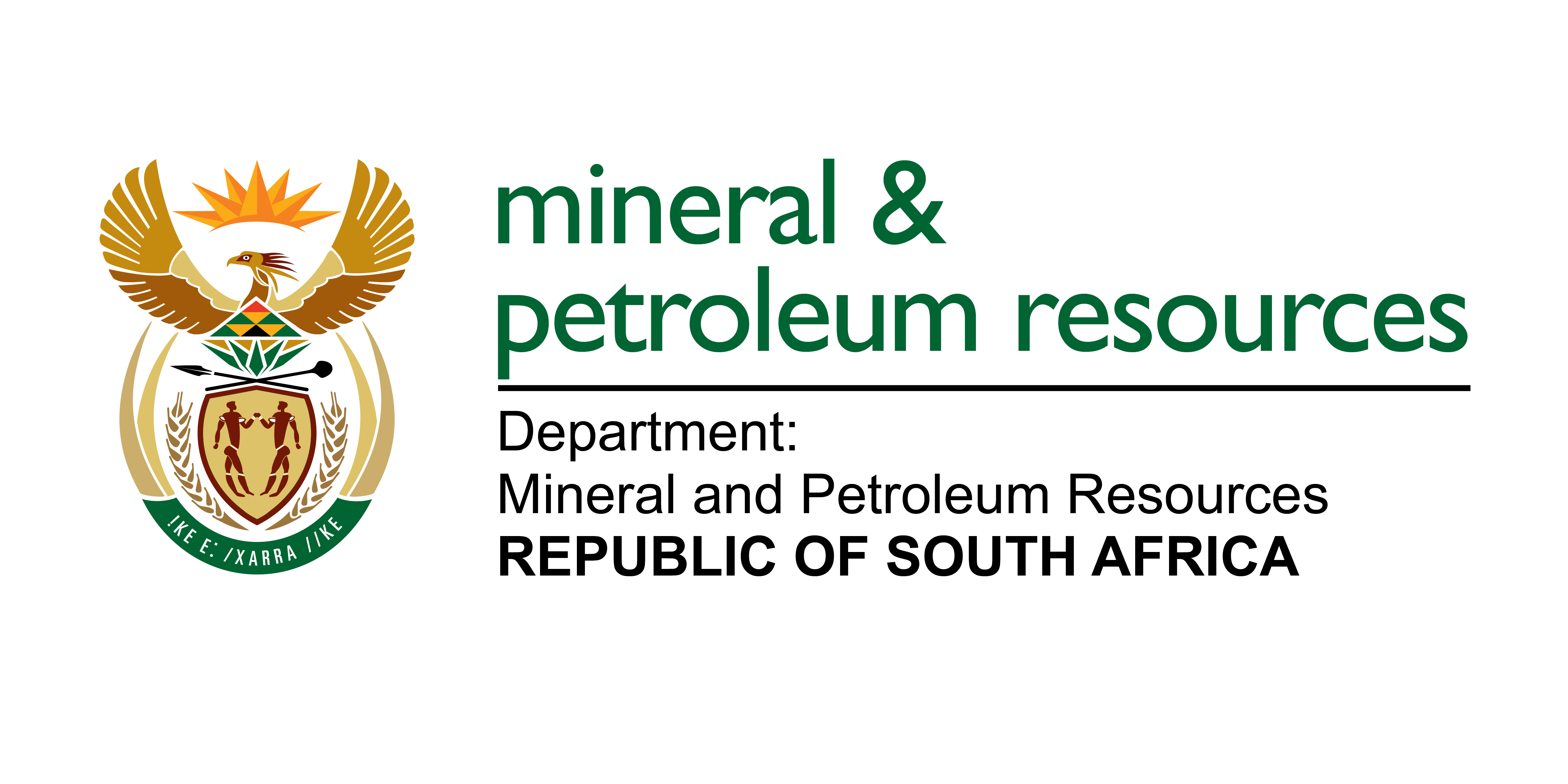-Logo_CMYK_1.jpg?width=1000&height=500&ext=.jpg)
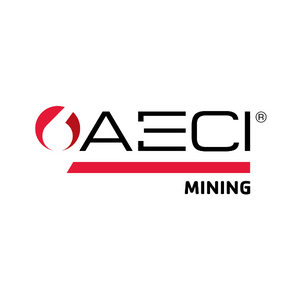


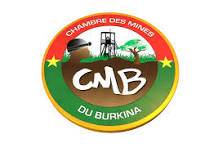
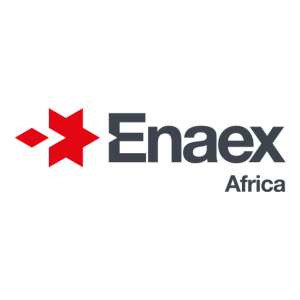


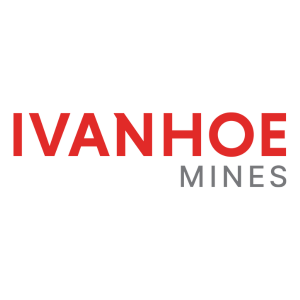
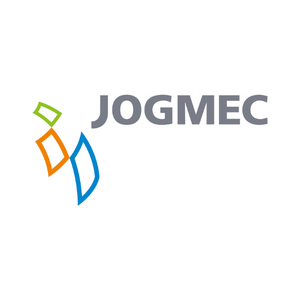


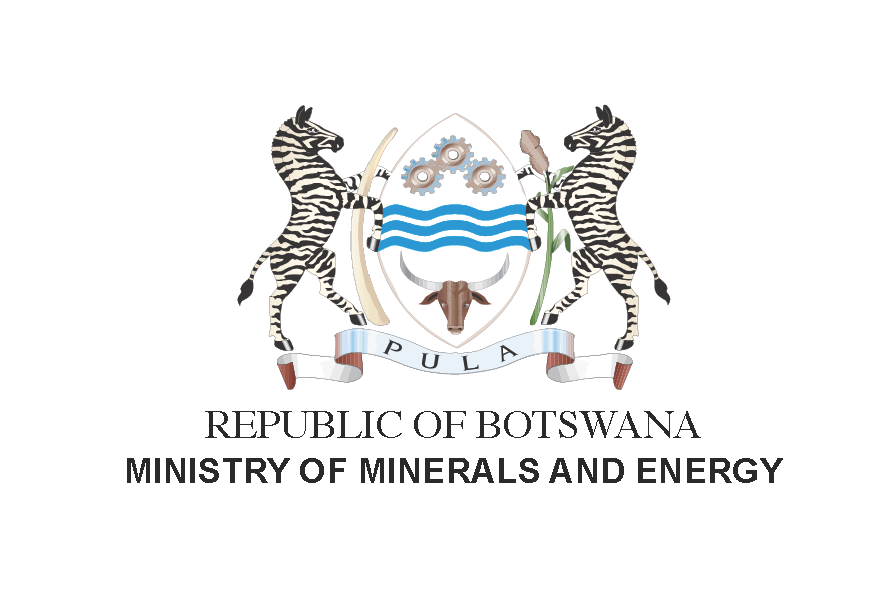.png?width=300&height=208&ext=.png)
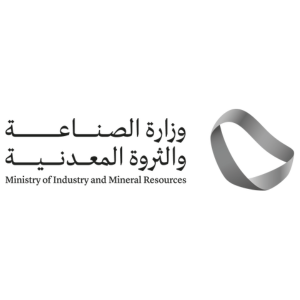
_mi25-weblogo.png?ext=.png)
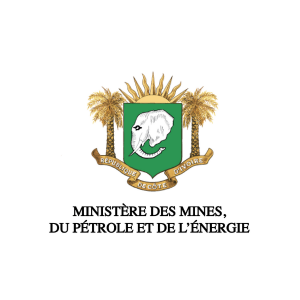
_1.png?ext=.png)


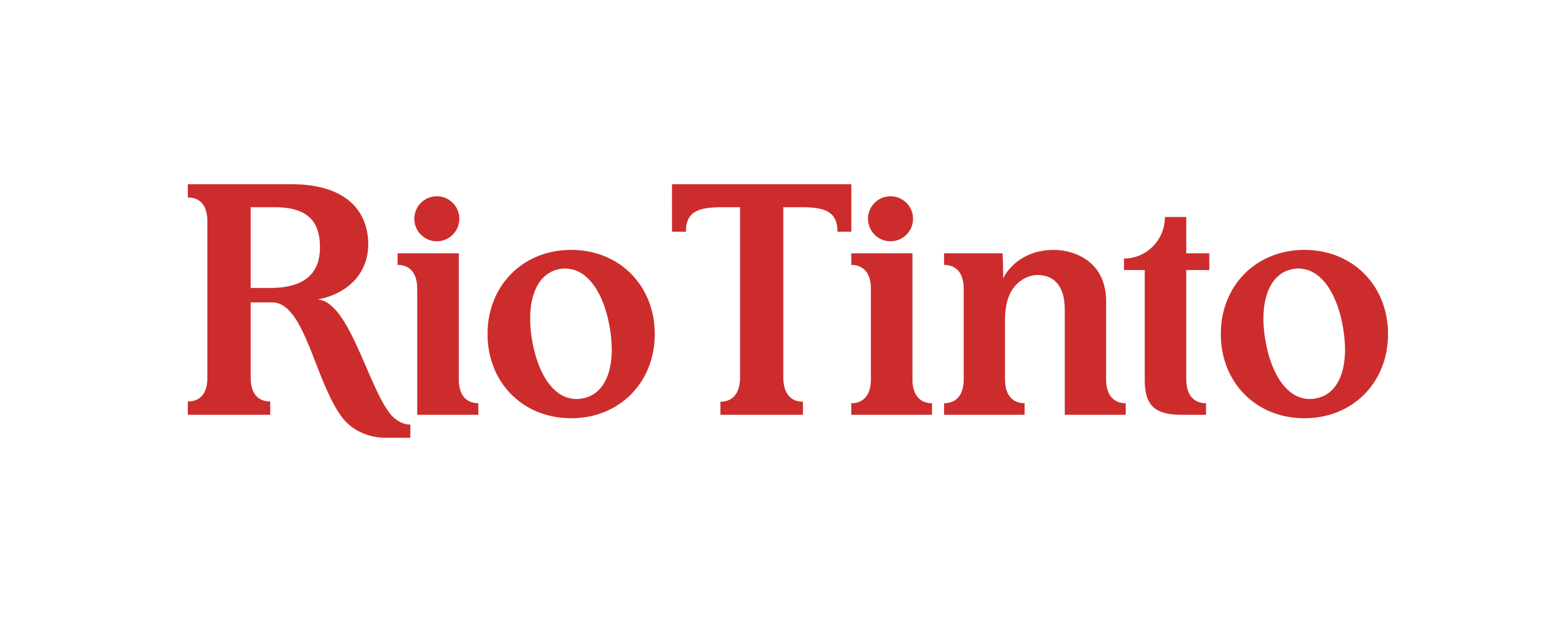


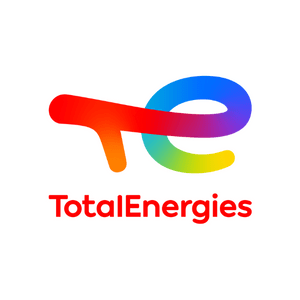
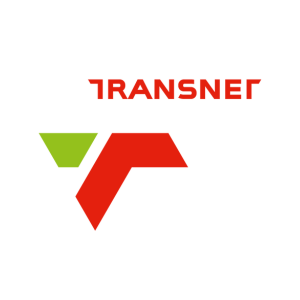


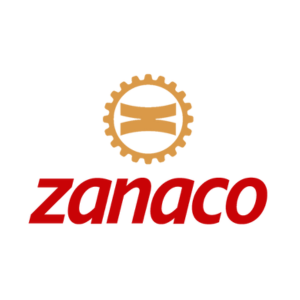


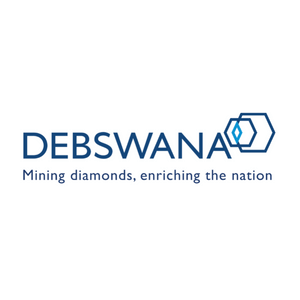



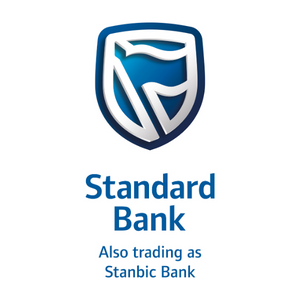


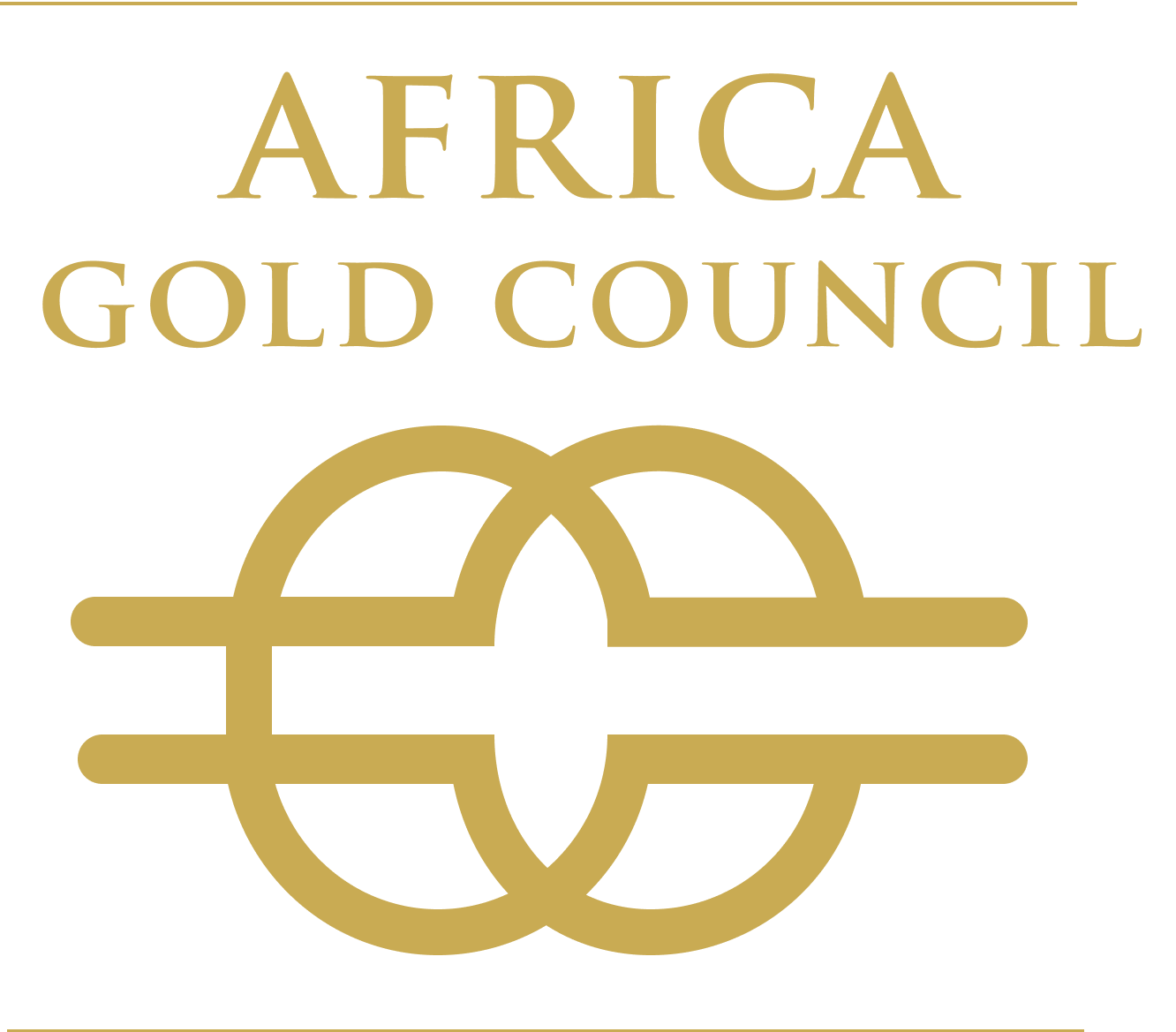
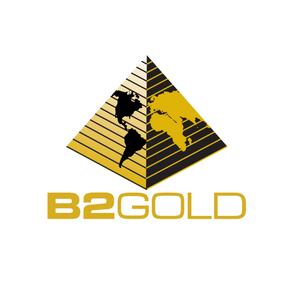
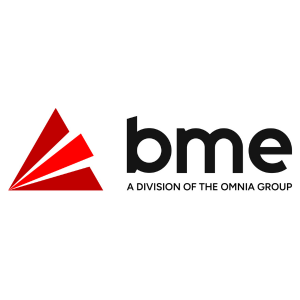


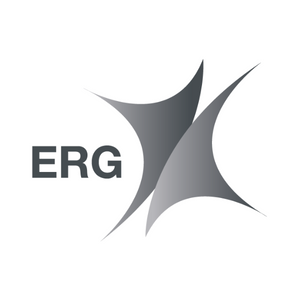





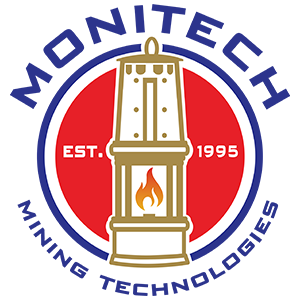

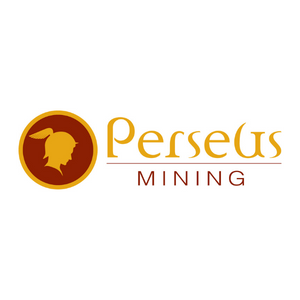
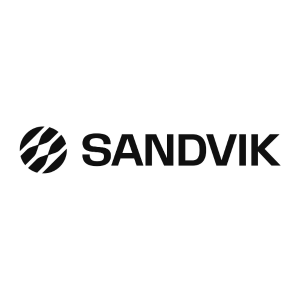

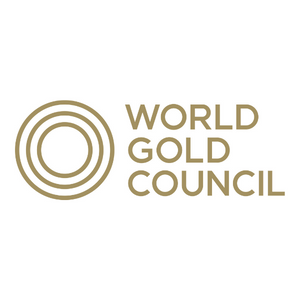
_logo.png?ext=.png)

_mi25-weblogo.png?ext=.png)


